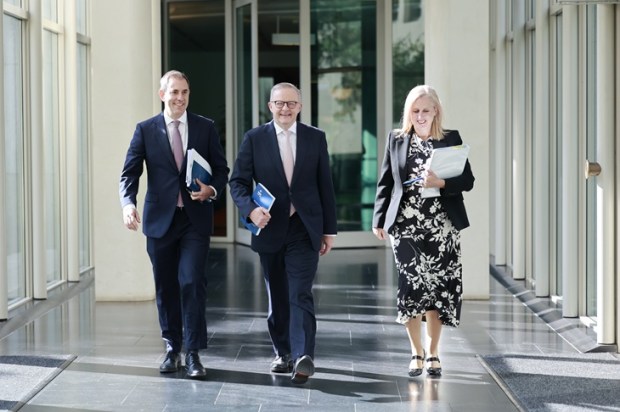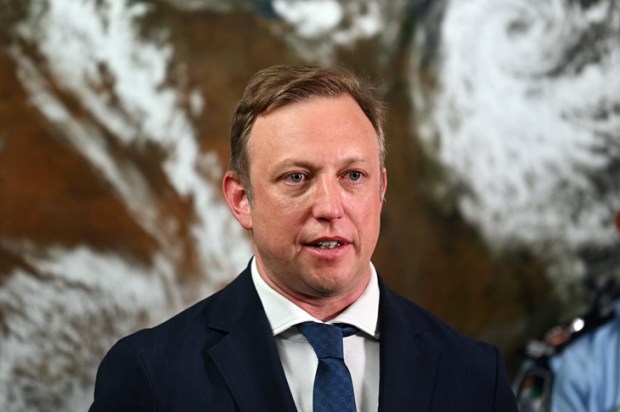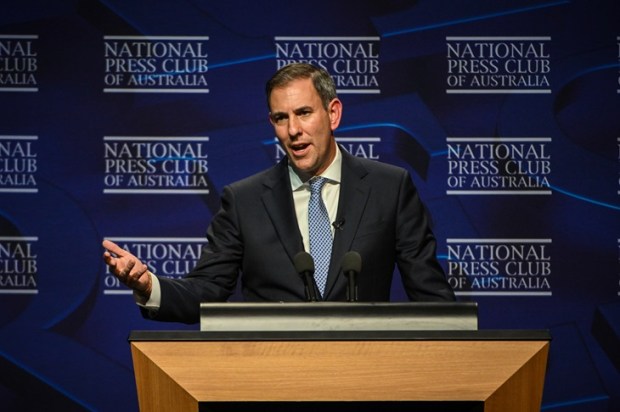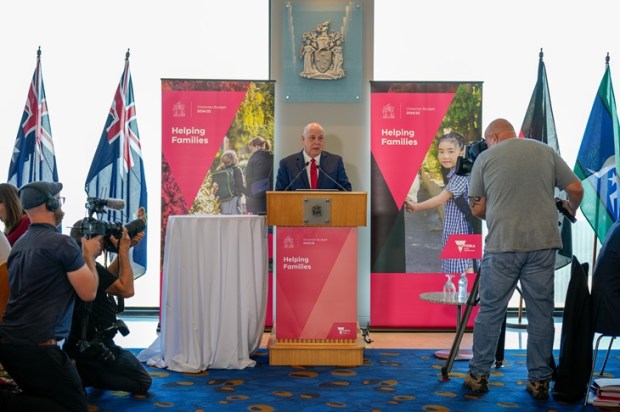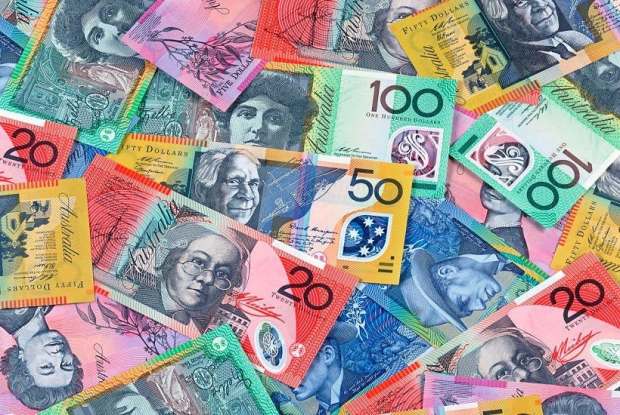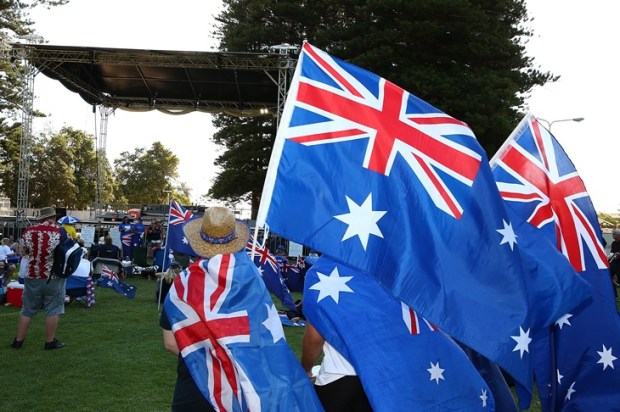The NSW budget continued the nationwide theme of unimaginative big-spending budgets with large deficits. The economic story is not unique, but the budget does stand out for one reason – the masterful display of Machiavellian narrative control.
The NSW government claims that the budget has been a restrained and responsible attempt to balance the books in the face of a $12 billion GST downgrade that was out of their control. The media echo this story. There was even a bizarre pantomime before the budget was released where the NSW Treasurer went on a pre-emptive apology tour about the need to be stingy with taxpayer money.
It’s a good story, but it doesn’t match the details of the budget.
The much-discussed GST downgrade is in the budget papers, though the decline is only $6 billion over four years (not $12 billion), of which $1 billion is in the 2024/25 budget year. This decline is more than offset by revenue windfalls and new taxes, resulting in total 2024/25 revenue that is nearly a billion dollars higher than previously expected.
So much for the ‘not enough revenue’ narrative. What about the spending restraint?
Far from being frugal, the budget revealed $3.1 billion in new general spending and $2.6 billion in new capital spending just for 2024/25, and billions more in future years. Much of that extra spending is going to higher public sector wages, but there’s plenty of silly new measures such as:
$10 million for “Men’s Behaviour Change” programs.
$5 million for consultation to find a “pathway to treaty with first nations”.
$6 million to teach swimming to people who don’t speak English.
$24 million to develop another bus plan.
$19 million to subsidise pub bands.
$15 million to promote vaccines in rural areas.
$8 million to crackdown on landlords.
While wasteful and often counter-productive, there is sadly nothing unique about the sort of government over-spending. The oddity is that they were able to spend up this big while still convincing the compliant media that they were being thrifty.
Both tax and spending went up under this budget, but spending rose quicker than tax, driving up the budget deficits. Though even on this topic there is misdirection.
The government admitted to a budget deficit of $3.6 billion for 2024/25, but this is only the operating deficit. Once we factor in all government spending the fiscal deficit blows out to an eye-watering $16.8 billion, which is almost 2 per cent of the NSW economy.
Deficits that high are normally only seen at the national level, so this sort of irresponsible state profligacy should be ringing alarm bells. Yet there is little outrage, or even recognition about the debt timebomb we are building. Instead, the NSW government is being lauded for its non-existent fiscal responsibility.
Even the one significant positive from the NSW budget is wrapped in smoke and mirrors.
There has been a lot of attention given to the 6000 new homes that the government plans on building. Less attention has gone to the government’s admirable decision to privatise land so that developers can build 21,000 new homes. That is a good policy, but the government has hidden the story, presumably because they don’t want to be associated with either privatisation or developers.
Finally, there is a total absence of serious economic reform. This is a sadly repetitive complaint that applies to nearly all budgets, both state and federal, both Liberal and Labor, for the last 20 years. Repeating this point makes for dull commentary (apologies to the reader) but it is a drum that we need to keep beating.
In many ways, this was a depressingly predictable budget.
What stands out is the remarkable ability of the NSW Treasurer to convince a gullible (or complicit) media that higher-than-expected revenue counts as a ‘dramatic cut’, and a big-taxing, big-spending, large-deficit budget somehow now counts as ‘responsible’. The budget was not responsible, though the political misdirection was impressive.
Dr John Humphreys is the Chief Economist for the Australian Taxpayers’ Alliance, and was a former Treasury official working in the Budget Policy Division.


